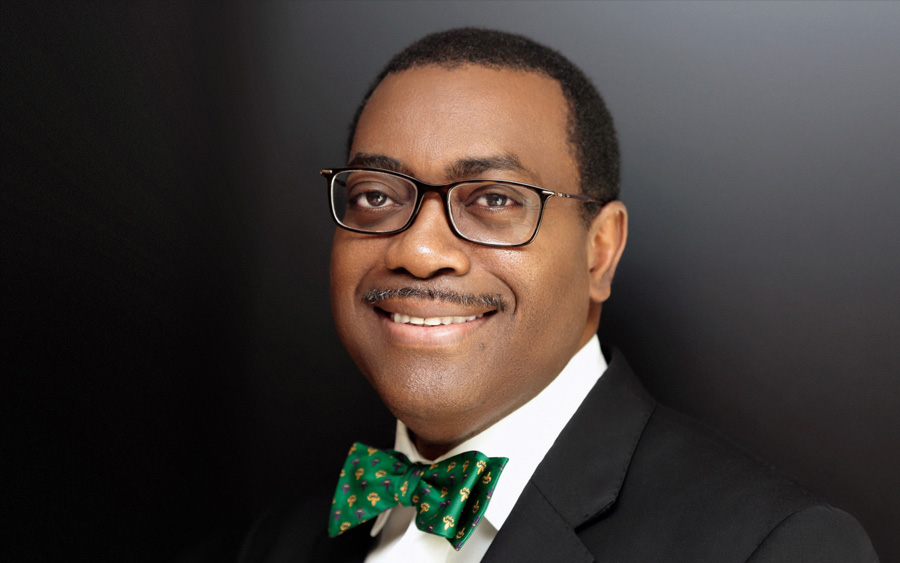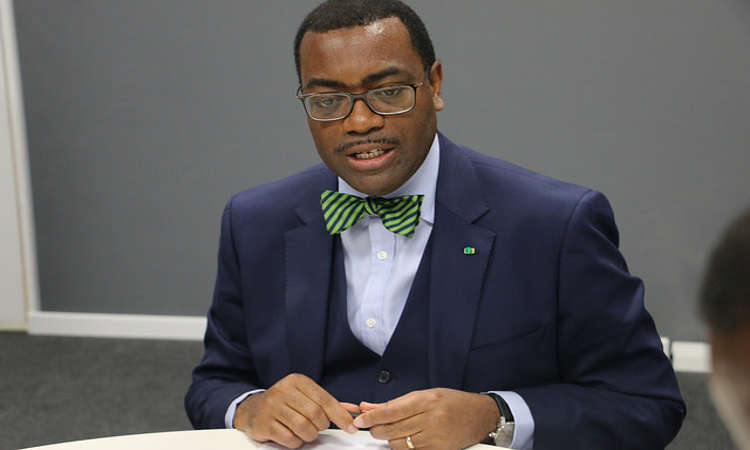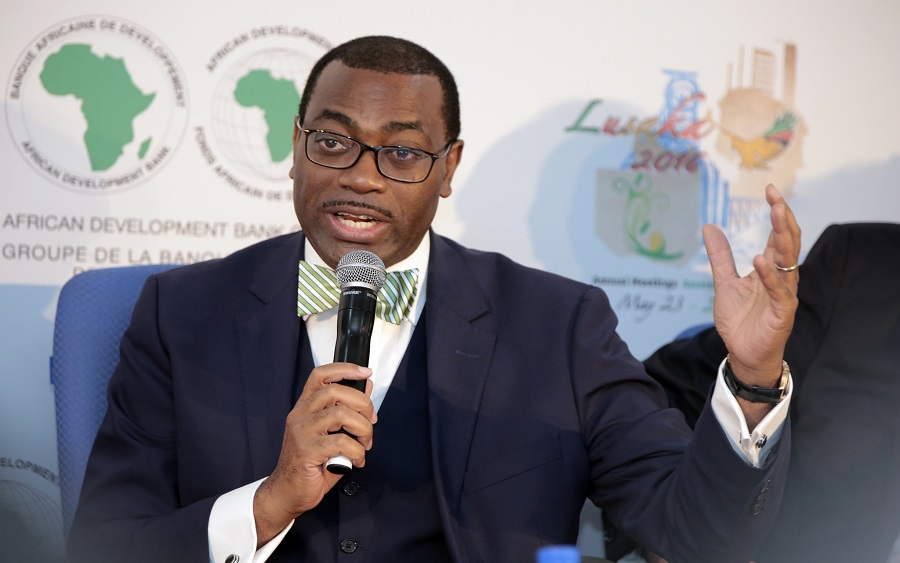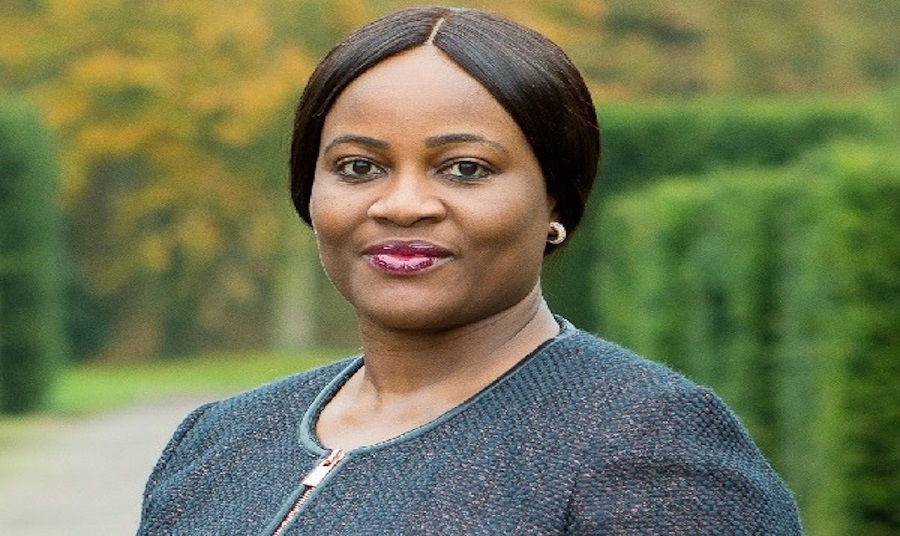Key highlights:
- If current trends in climate finance flows into Africa continue, the continent faces an annual shortfall that could exceed $127 billion by 2030.
- Growing urgency expressed by Africa’s leaders for a step change in efforts to limit temperature rise to 1.5 °C above pre-industrial levels by 2100.
- Africa could lose as much as 12% of its GDP by 2100. In comparison, projected losses for the United States and other industrialized countries represent less than 1% of GDP.
The African Development Bank, (AfDB) revealed that Africa may lose as much as 12 per cent of GDP by 2100 If current trends in climate finance flows into Africa continue.
They revealed the continent faces an annual shortfall that could exceed $127 billion by 2030
AfDB disclosed this in a statement on Friday, as it African Development Bank Group governors prepare to together in Egypt to find ways to mobilize the robust private investment Africa needs to meet its urgent climate change adaptation and mitigation goals.
Climate Urgency
AfDB revealed that the theme of this year’s meeting would be Mobilising private sector financing for Climate and Green Growth in Africa, which it says reflects the growing urgency expressed by Africa’s leaders for a step change in efforts to limit temperature rise to 1.5 °C above pre-industrial levels by 2100, they said:
- “This is seen as critical to protecting the world’s most vulnerable countries, many of which are in Africa.
- “In just over a month, African Development Bank Group governors will come together in Egypt to find ways to mobilize the robust private investment Africa needs to meet its urgent climate change adaptation and mitigation goals.
- “During the African Development Bank Group’s 2023 Annual Meetings in Sharm El-Sheikh, the bank group’s governors, executive directors, and African leaders and development partners will discuss successful strategies to galvanize more resources.
- “ These include those from within their own countries as well as investment opportunities in renewable energy and sustainable agriculture. Some 13 African heads of state and government are expected to attend the meetings.
Negative Trend
They warned if current trends in climate finance flow into Africa continue, the continent faces an annual shortfall that could exceed $127 billion by 2030, adding:
- “Africa could lose as much as 12% of GDP by 2100. In comparison, projected losses for the United States and other industrialized countries represent less than 1% of GDP.
- “The 2023 Annual Meetings follow on the heels of the 27th global climate summit (COP27) in Sharm El-Sheikh in November 2022. At COP27, the African Development Bank amplified Africa’s voice in calling for global support for a just energy transition, fulfilment of climate finance pledges, and the need to compensate vulnerable countries for losses and damages caused by climate impacts.
- “Climate funding by the private sector accounted for 49% (or $310 billion) of the total value of climate finance reached in 2020.
- “In contrast, out of $29.5 billion of climate finance flows in Africa in 2020, 80% of climate investment financing was mobilized from public international actors while private sector funding represented only 14%.
They said more financing will also be needed to implement climate adaptation measures, which includes adoption of climate-smart agriculture and the construction of such infrastructure as roads and bridges, which meets standards of climate resilience, adding that the Annual Meetings will represent a decisive step in attracting more private sector investment into Africa’s clean energy sector
Dialogue
AfDB also urged that aftermath of the Covid-19 pandemic and rising global inflation have combined to constrain the fiscal space of African governments and exacerbated an increase in private funding.
They said, the Annual Meetings also includes statutory meetings as well as knowledge events or workshops relevant to the theme of the meetings, as Bank Group governors will also hold a high-level dialogue with African Development Bank Group President Akinwumi Adesina and his senior management team.
- “The dialogue will focus on the ongoing transformation of international financial architecture and how this is likely to affect the vital role of multilateral development institutions, such as the African Development Bank, in lending and assistance to developing countries.
- “The African Development Bank has been spearheading major initiatives to tackle financial and economic challenges facing African economies.
- “ It has been advocating the channelling of Special Drawing Rights (SDRs) through multilateral development banks.
- “As the only AAA-rated financial institution in Africa and a prescribed holder of SDRs by the IMF, the African Development Bank could leverage SDRs three to four times and deliver more long-term and affordable financing to meet the development needs of African countries.
In case you missed it
Nairametrics reported recently that Dr. Akinwumi Adesina, the president of the African Development Bank (AfDB), has said that Africa’s energy transition will cost an estimated $100 billion annually between 2020 and 2040. He stated this during his keynote speech at the Berlin Energy Transition Dialogue which was held from March 27 to March 30.
According to Dr Adesina, Africa accounts for 6% of global energy use and 3% of global electricity demand and is completely energy poor but has made important progress in terms of access to electricity, stating that the population with electricity access has increased from 44% to 56% between 2010 and 2020.






















